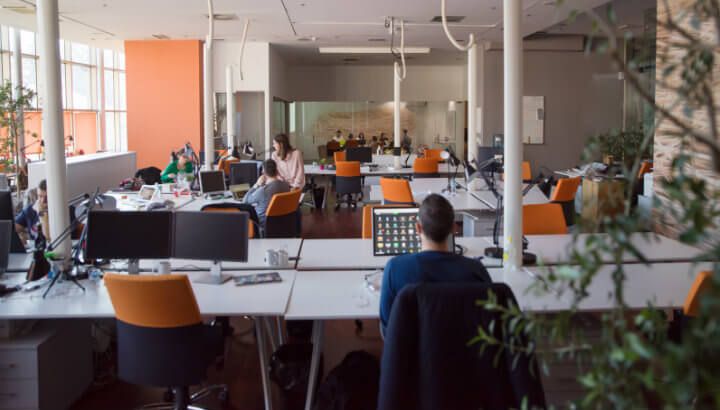
Let’s face it, working from the comfort of your own home and on your own schedule is pretty darn amazing. Distance is no longer a barrier to finding work. I’m writing this article in the confines of my personal office while sipping a latte and only the sounds of birds outside the window. While that may sound amazing, there are also some downsides to working remotely. And those downsides could strain your mental and physical health.
As a successful remote worker, you need to avoid certain pitfalls. By doing so, you’ll not only thrive financially but also improve your overall health.
Social isolation
Our work culture is changing at an alarming rate. Working remotely not only provides benefits for the employee but also the employer. Yet, not working physically side-by-side other coworkers can often leave you feeling isolated, particularly if you live alone. With remote workers spread out across different cities, and even countries, many people work with colleagues they have never met or even spoken to on the phone.

Relationships are often facilitated via technology, and it can be easy to feel left out of the bigger “company picture.” A Harvard study looked at over 1,000 workers and found that remote employees often feel shunned and left out.
It’s easy to work all day in your home, stopping only to grab a bite, watch a little television and then head to bed. It can get lonely, depressing and affect your mental health if you don’t try to socialize throughout the day. Isolation is probably one of the biggest pitfalls of working remotely. But it doesn’t have to be that way. Here are some ways to break the monotony and isolation of working from home.
- Join, or even start your own “lunchtime” Meetup group with other remote workers in your community. It may also be a valuable networking tool.
- For a change of pace, rent a desk, once or twice a week, at a coworking office space.
- Join a lunchtime yoga, walking or exercise class to lift your spirits.
- Work from a local coffee shop. The buzz and energy can be productive.
- Volunteer for a couple of hours a day at a local animal shelter, Meals on Wheels or another volunteer group of your choice.
Lack of work/life balance
Work/life balance means dedicating enough quality time to both personal life and professional life. But for many who work from home, the line between work and personal life can sometimes feel nonexistent. In fact, talk to any remote worker and they’ll often tell you they’ve worked entire days in their PJ’s. That’s a slippery slope that eventually blends work and personal life together creating an unhealthy balance.

So, what can you do to create a happy work/life balance? Begin by creating a dedicated workspace. This can be your personal office, or it could even be working from your dining room or kitchen table. But once you’ve entered that space it’s all work. However, once you leave that space it’s personal time.
This also means getting dressed in the morning, as you would to go to an office — heels and suits not required. Once you’ve entered your workspace, imagine you’ve actually left your home. This will also keep you more productive throughout your day. Learn to say no to friends and family who believe working at home means you’re available at their beck and call.
Time is money, especially when you are paid only when you work. Stay focused and productive during work time. This is a big part of achieving work/life balance. Only then will you have the resources for personal activities.
Additionally, take vacations! The Europeans definitely got it right with their four weeks of vacation time — usually taken all at once. Studies show that taking vacations reduces stress, improves focus, improves sleep, makes you happy and helps prevent heart disease.

In fact, a study published in the journal Psychosomatic Medicine found that among middle-aged men who were at high risk for heart disease, those who went on vacation once a year were 21 percent less likely to die of any cause other than old age. Thirty-two percent were less likely to die of heart disease. Spending time with family and friends is never overrated.
Poor boundaries with work hours
Working remotely often means working through different time zones. And, that could mean being on call morning, noon and often late into the evening — for some, 24/7. Unplug at the end of your work day and set clear boundaries with employers and coworkers when you are and are not available. Any less will leave you depleted, stressed and resentful. And of course, when stress levels spike, productivity and health plummets.

Take breaks throughout the day. This will help clear your head and improve your ability to deal with stress and make good decisions when you jump back into your work. When done right, working remotely provides a happier, healthier and more productive work culture — no matter how far away you are from the office.
FREE BOOK: Discover how to grow life-saving foods at home with little effort =>
— Katherine Marko

